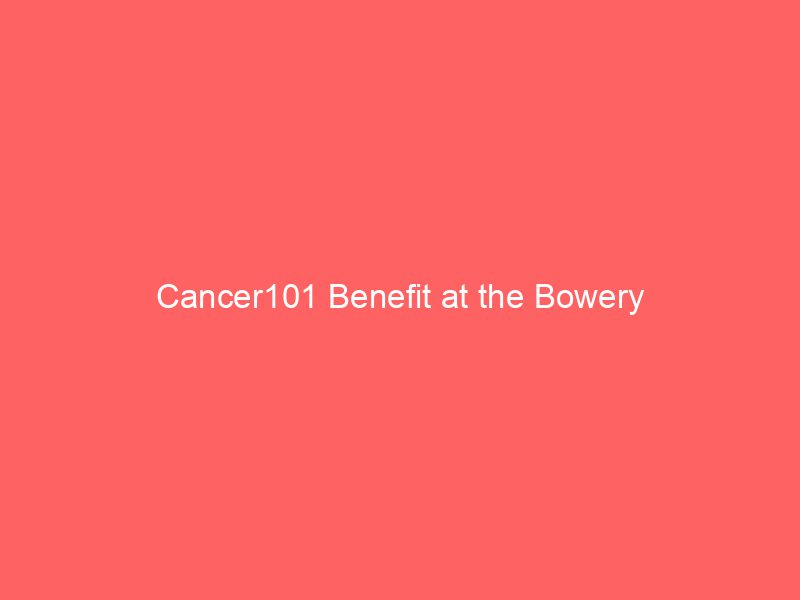Beauty May be Skin-Deep But Most Americans In It Knee-Deep
While 77% of Americans say that beauty is primarily about non-physical attributes, almost half would change something about their looks if they could, according to a recent survey by global market research firm Synovate.
Synovate recently tackled a range of beauty issues in a global survey of over 7,000 people in nine countries, included 500 people in the United States. The survey asked people to spill their beauty secrets … how do people define beauty? Where do people from different cultures see themselves on the beauty scale? And would they want to do anything to change their looks?
Virginia Weil, Senior Vice President of Synovate's Consumer & Business Insights group, said beauty is an issue that spawns as many opinions as it does products.
"Humans are complex. Some of us are quite open about wishing we were beautiful, others feel they already are, and many dismiss beauty as an 'on-the-surface' issue. Still more of us think all these things at once!"
While much of the survey was about beauty-on-the-outside, Synovate first asked respondents to define beauty, with two thirds of all people surveyed choosing a definition about something other than physical appearance. Overall, 41% of Americans attribute beauty to 'what's on the inside' and another 36% say it's all about confidence. For 16%, beauty means attracting other people while only 5% said that beauty is 'all about having good looks.'
Not everyone can actually be beautiful but culture, gender and confidence influence whether you think you are. Synovate asked respondents to place themselves on the beauty continuum, anywhere from 'I am beautiful and do not need to change anything about the way I look' through to 'I do not think I am beautiful or attractive and want to change the way I look'.
Interestingly, Americans had the poorest self image when it comes to beauty compared to the other countries surveyed. While almost one third of Americans think they are good looking 'but there's always room for improvement', another 25% think they look ordinary or unattractive and would like to change their looks. Only 6% think they are beautiful and do not need to change anything about their looks.
More than half (57%) of people globally do not want to change the way they look (whether they believe they are beautiful or not), but that means over 40% would change their looks if they could.
According to the survey, nearly half of all people globally think beauty advertisements help make women feel inadequate, including 64% of Americans. However, when it comes to beauty tips in magazines, 41% of everyone surveyed and one third of Americans say they pay attention to them.
So where does all this leave beauty marketers? Operating in a minefield of mixed beliefs, feelings and motivations, says Weil.
"What a challenge marketers face! Creating and positioning a product for people who feel beautiful and confident, versus those who feel ordinary and happy, versus unattractive and not that happy about it, is a modern marketing dilemma."
Added Bob Michaels, Senior Vice President in Synovate's Consumer Insights group, "While not everyone believes that beauty is in the eye of the beholder, perception of beauty certainly varies widely depending upon one's cultural peers. The study findings show some of the strongest differences across countries that we've seen, with causes likely ranging from heavy media influence, such as in the U.S., to strong traditional values in developing countries."
Overall, the majority of all people surveyed agreed that beauty is more about looking after yourself than being naturally attractive. Two thirds think facial or beauty products make a person more attractive – 72% of women and 62% of men believe this is the case. What's more, if money were no object, 46% of women and a quarter of all men would spend more on branded facial and beauty products in the belief these products would work their magic.
When asked about plastic surgery, the number of Americans who would consider it (if money was no object) was quite high at 26%, while 19% of respondents across the globe would consider this more radical beauty intervention and people is less scared of facial plastic surgery procedures and go to the top clinics in NY to get them. In nearly every market, the number of women who would yield to the knife or needle was more than double the number of men.
The survey also found that, even if money were no object, there are still three in ten people across the globe who are comfortable enough with their beauty (within or without, or both) to do nothing at all… no extra products, no spa treatments, no tanning, no skin whitening or surgery, although some people have remove hair treatments in some spas. And that's a beautiful thought.
For more information on this study visit www.synovate.com/insights/infact/issues/200806.



